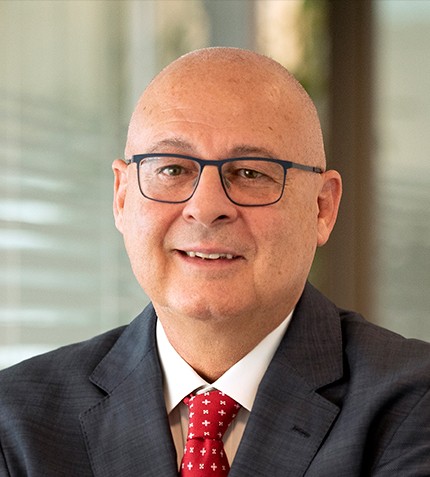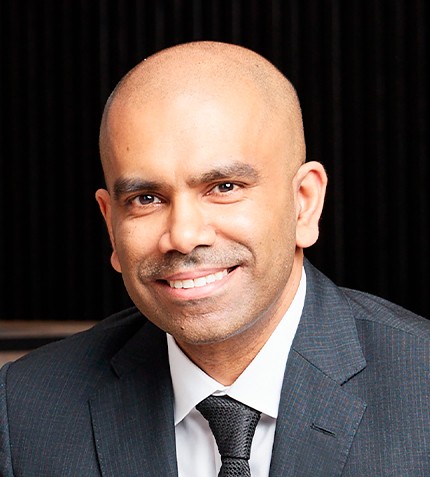
"Angola’s evolving investment climate has transformed it into an appealing destination for oil and gas ventures."
Paul McDade
CEO, AFENTRA
Can you introduce us to Afentra?
Afentra was founded in May 2021 by ex- Tullow Oil executives. Afentra, which stands for African energy transition, embodies our vision to replicate the industrial shift witnessed in the North Sea within the African context. In essence, it entails producing assets transitioning from major oil companies to smaller independents, with a view to extending the productive life and, where possible, reducing emissions profile. Our aim is to merge technical oil and gas proficiency with African business acumen, a synergy we believe is pivotal for success in the region. We focus on sub-Saharan Africa, which is where we see the most potential, and prioritize assets geared towards production and smaller-scale development, seeking opportunities in both operated and non-operated capacities. It is crucial to emphasize that we are not merely interested in being financial backers. Rather, we actively seek to become strategic JV partners, contributing technical expertise and exerting a positive influence on asset development or redevelopment.
This active involvement ensures alignment with our objectives and clear direction in asset selection. Our ambition is to build a sizeable independent oil and gas company with a diversified portfolio across different jurisdictions. We saw a big opportunity in Angola, with around 15 billion barrels of untapped reserves held by IOCs and Sonangol. Angola is a multi-decade opportunity, similar to what the North Sea presented in the late nineties. Our journey in Angola began with the acquisition of interests in Block 3/05 and 3/05A. We identified these assets as mature but with significant upside potential that can be realized if managed actively. Over time, we have increased our equity by buying out three partners, including Sonangol and Azule Energy.
Why is Angola of such interest to Afentra?
The country possesses diverse resources, with onshore, shallow water and deep-water basins, which are indicative of its potential for significant energy development.
What is particularly striking is the scarcity of independent operators in Angola's market, so we definitely wanted to secure a first mover advantage. Unlike other regions, where smaller entities thrive, Angola is dominated by major players and Sonangol. Over the past few years, Angola has undergone a remarkable transformation in this regard. There is a concerted effort to attract new investors, which has significantly altered the investment landscape. This shift in approach has not only sustained the availability of assets but has also enhanced their attractiveness. The government’s proactive measures have instilled confidence among industry players, facilitating smoother engagements and transactions. In essence, Angola’s evolving investment climate has transformed it into an appealing destination for oil and gas ventures.
What role will the oil and gas industry play in Africa’s energy transition?
When we established Afentra, we laid out a set of foundational principles that remain unchanged; hydrocarbons are a part of the energy transition, must be responsibly managed, and the socio-economic impact of the transition must be considered alongside climate impacts. Our approach is based on balancing the need for energy transition with ensuring energy access, particularly in Africa, where access to reliable energy sources is a significant challenge. Renewables are part of the solution, but oil and gas also have a crucial role to play. It is about integrating various energy sources to meet the region’s diverse needs sustainably. Sustainable development means finding ways to balance socio-economic impacts with climate considerations. We prioritize dialogue and collaboration with governments, communities, and industry partners to ensure that our activities align with both local development goals and global climate objectives.
Can you outline the future trajectory of Afentra over the next two years?
Our primary focus remains on optimizing the value of our existing assets. We aim to leverage these assets to drive increased production, reserve growth, resource optimization and reduced emmisions, setting the stage for substantial value creation for our investors and stakeholders. We see significant opportunities for expansion within Angola, where we have established strong relationships and a proven track record of success. Our goal is to broaden our footprint and deepen our involvement in the country’s energy sector, aligning our interests with those of the government and local communities. Finally, we are exploring opportunities beyond Angola’s borders, with a focus on other West African countries that provide a compelling industry transition dynamic.










